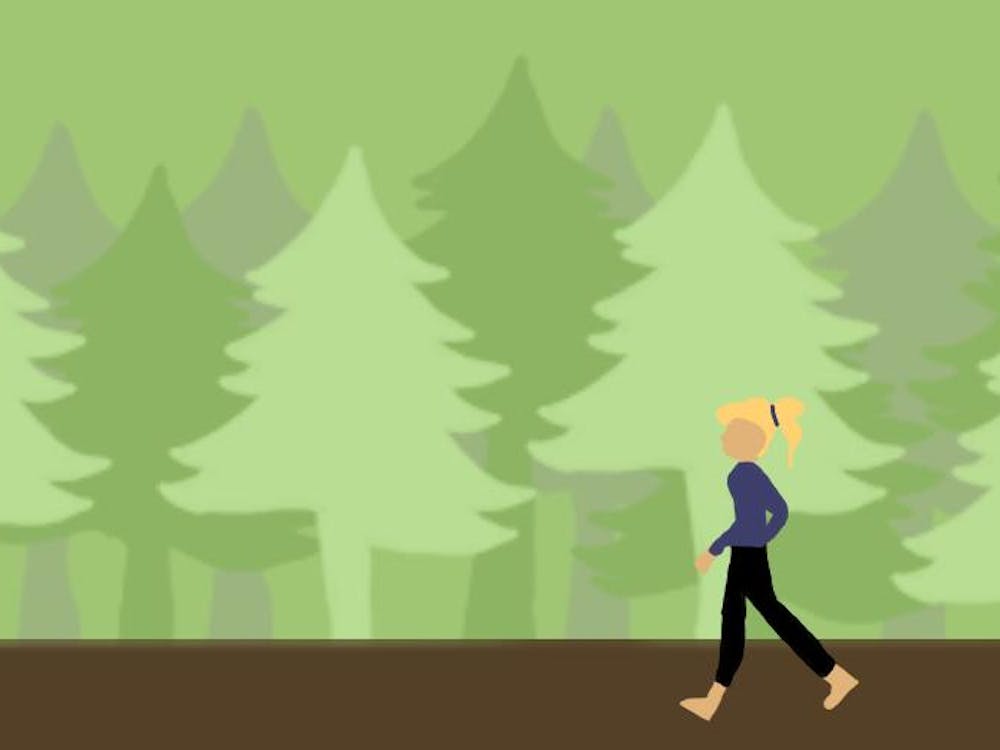Gather' round, folks. It's time to talk about something really important: Gossip. It's a subject I know quite a bit about.
That's right, there are a slew of good facets of old-fashioned mud-slinging, back-stabbing, idle gossip. Well, maybe the mud and the back-stabbing aren't particularly good examples.
Originally, I was not a gossipy child. I minded my own business and kept my opinions of other people to myself. But all that changed around the age of 12, when I first felt the thrill of social knowledge. Since then, my ears have been open for all pieces of information, even those that seem unimportant at first glance.
Now I've earned a reputation as a purveyor of information and a source of wisdom on all topics. I freely admit that I have a big mouth, at least in proper circumstances and with relevant information. And it's fun.
Of course, gossip has its dark side. Anyone who's ever seen a teen movie knows that. Spreading lies is not a particularly good thing to do. Unfounded innuendo, while it may be tantalizing, should not be made common knowledge until it is confirmed by a trustworthy source. I don't think people should intentionally spread things that could be hurtful. That's just mean.
There is also the ethical question of how many people should find out certain information.
Obviously, gossip doesn't need to be spread to those who have no use for it, those who are likely to twist the truth, or those who may have some other sort of malicious intent.
In some cases, it is better to keep one's mouth entirely shut. So I've striven to stay on the clean side of being gossipy. And I don't think there's anything wrong with that choice.
Undoubtedly, gossip among a group of people binds them together. There is no better way to become friendly with people than by sharing a conversation. It's easiest to make conversation about mutual acquaintances, and if that conversation is juicy or contains interesting pieces of information, that's even better.
Many friendships are founded on shared knowledge. What better knowledge to have than some interesting stories about your peers? And if you can feel like you are in an exclusive group of people who are privy to that information, that only adds to the high.
That always was what attracted me to gossip in the first place - the feeling that I knew something most other people didn't. (Perhaps this points to some deep-seated flaw in my personality. It's hard to say.) It feels nice to have other people come to you for information.
Let's face it: Gossip helps people get ahead in the world. When it's time for presidential campaigns, candidates spend more time worrying about unsavory secrets from their pasts - drugs, sex or other highly interesting indiscretions - coming to light than about taking their messages to the people. If you can take down your opponent with something shameful (and, of course, true), you stand a much better chance of being victorious.
But it's possible to debate the merits of such activities. Does an affair that took place 30 years ago have an impact on how well some can govern? Of course not. Does it matter if a candidate is snorting cocaine on his private jet while flying from one campaign stop to another? Of course it does.
Digging old dirt is not just mean-spirited. It's also dumb. Anyone who is experienced in the realm of rumor-spreading knows that old news is boring news. No one wants to hear something that isn't relevant anymore. There's a reason people at the University don't spread rumors about other peoples' fifth-grade boyfriends and girlfriends. It's because no one cares about what happened 10 years ago.
Being gossipy isn't exactly a trait everyone should have, or everyone should even want. But in small, appropriate amounts, it is an excellent way to bond with others.






